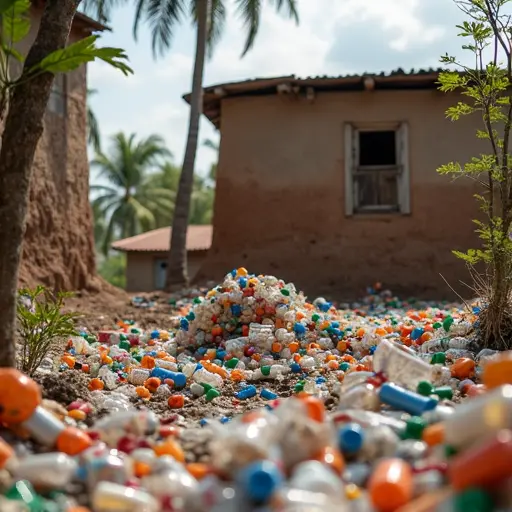Global Plastic Treaty Negotiations Collapse
After two weeks of intensive talks in Geneva, the UN summit aimed at creating a binding global treaty to combat plastic pollution has ended without agreement. Delegates from 175 countries failed to reach consensus, particularly on limiting production of new plastic materials.
Key Points of Contention
The most significant disagreement centered on proposed caps for new plastic production. Oil-producing nations strongly opposed these limits, arguing they would harm their economies. As negotiations progressed through the night, draft texts became progressively weaker, ultimately removing the production cap entirely.
Environmental Consequences
Without binding agreements, plastic waste is projected to triple by 2060. Current estimates indicate 1.1 to 8.8 million tons of plastic enter oceans annually, harming marine ecosystems and entering the human food chain through microplastic contamination.
Reactions and Next Steps
Norwegian delegates stated: "We will not have a treaty to end plastic pollution here in Geneva." Cuban representatives called it a "historic missed opportunity." Environmental advocates like Willemijn Peeters of Searious Business suggest progressive nations may now form coalitions outside UN frameworks to implement regional restrictions.

 Nederlands
Nederlands
 English
English
 Deutsch
Deutsch
 Français
Français
 Español
Español
 Português
Português










